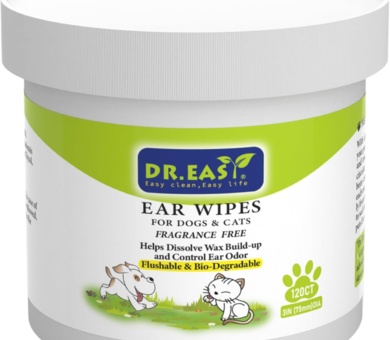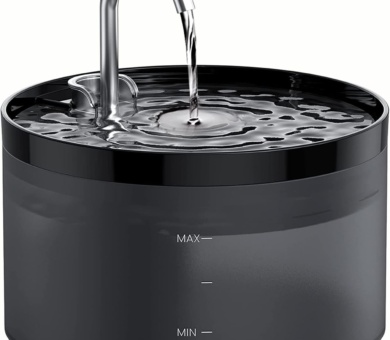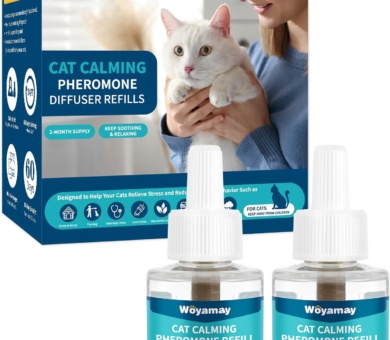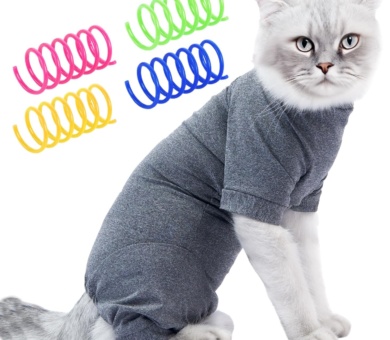Cat Supplements 101: Choosing Wisely for Your Feline Friend in April 2025
Empowering Cat Owners with Informed Choices for Optimal Health
Introduction
The pet supplement industry has surged, with projections estimating a market value of $12 billion by 2025. As cat owners increasingly prioritize their pets’ well-being, navigating the world of feline supplements can be overwhelming. While these products promise benefits ranging from shinier coats to improved joint health, informed decision-making is crucial. This guide demystifies cat supplements, offering up-to-date insights for April 2025 to help you choose wisely.
Understanding Cat Supplements: Types and Purposes
Supplements are designed to address specific health needs, but they’re not a one-size-fits-all solution. Common types include:
- Omega-3 Fatty Acids: Sourced from fish oil, these support skin, coat, and joint health. Ideal for cats with allergies or arthritis.
- Probiotics: Promote gut health and aid digestion, especially after antibiotic use or dietary changes.
- Glucosamine & Chondroitin: Popular for senior cats to alleviate joint stiffness.
- Vitamins (A, B, E): Address deficiencies in cats on homemade or unbalanced diets.
- Taurine: An essential amino acid for heart and eye health, often added to commercial cat foods.
New in 2025: Look for postbiotics (beneficial metabolites from probiotics) and CBD-free hemp extracts (for anxiety and inflammation), now gaining traction with improved regulatory standards.
When Does Your Cat Need Supplements?
Most cats on balanced commercial diets don’t need supplements. Exceptions include:
- Age-Related Issues: Senior cats (10+ years) may benefit from joint or cognitive support.
- Chronic Conditions: Kidney disease, arthritis, or IBD often require targeted supplementation.
- Dietary Gaps: Home-cooked or raw diets might lack essential nutrients.
- Stress or Recovery: Post-surgery or anxious cats may need temporary support.
Always consult your vet before introducing supplements. Blood tests and dietary reviews can identify true deficiencies.
Navigating the 2025 Supplement Market
With countless products available, prioritize safety and efficacy:
- Third-Party Testing: Seek NSF International or Veterinary Oral Health Council (VOHC) certifications.
- Transparent Labels: Avoid vague terms like “proprietary blend.” Ingredients and dosages should be clear.
- Species-Specific Formulas: Cats metabolize nutrients differently than dogs or humans.
- Avoid Fillers: Steer clear of artificial colors, flavors, or unnecessary additives.
Red Flags:
- Claims like “miracle cure” or “100% natural” (even natural ingredients can be harmful).
- Lack of contact information or veterinary consultation options.
Risks and Misconceptions
Over-Supplementation Dangers:
- Excess vitamin A or D can cause toxicity, leading to bone issues or organ damage.
- High calcium levels may worsen kidney disease.
Myth-Busting:
- “Supplements replace medications”: They’re complementary, not substitutes for veterinary care.
- “All-natural means safe”: Some herbs (e.g., garlic) are toxic to cats.
The Future of Feline Supplements (2025 Trends)
- Personalized Nutrition: DNA testing kits (e.g., Basepaws) now tailor supplements to your cat’s genetic risks.
- Smart Dispensers: Devices like Petnostics sync with apps to track dosing and health metrics.
- Sustainable Sourcing: Algae-based omega-3s and lab-grown taurine reduce environmental impact.
- Enhanced Regulation: The FDA’s 2024 guidelines mandate stricter labeling and efficacy proof for pet supplements.
Conclusion
While supplements can enhance your cat’s health, they’re not a substitute for a balanced diet or veterinary care. Stay informed, prioritize evidence-based products, and partner with your vet to ensure your feline friend thrives. As the industry evolves, mindful choices will help you cut through the noise and focus on what truly matters—your cat’s well-being.
FAQs
Q: Can I give my cat human supplements?
A: No—many human supplements contain dosages or ingredients unsafe for cats.
Q: How long until I see results?
A: Some (e.g., probiotics) work in days; others (e.g., joint supplements) may take weeks.
Q: Are prescription supplements better?
A: Veterinarian-prescribed options are often more rigorously tested for specific conditions.
Q: What’s the #1 mistake cat owners make with supplements?
A: Over-supplementing. More isn’t better—stick to vet-recommended doses.
By staying educated and proactive, you can confidently navigate the evolving world of cat supplements in 2025. Your feline companion deserves nothing less! 🐾









